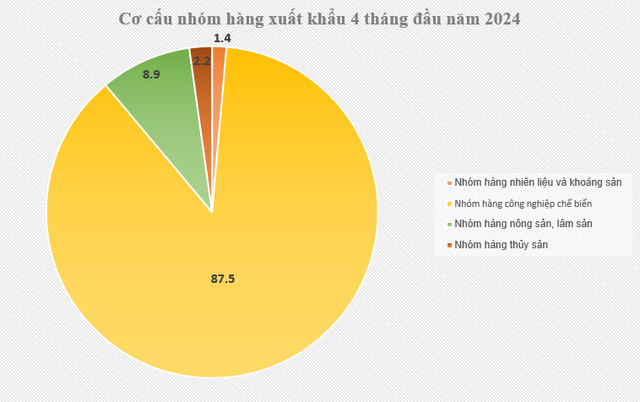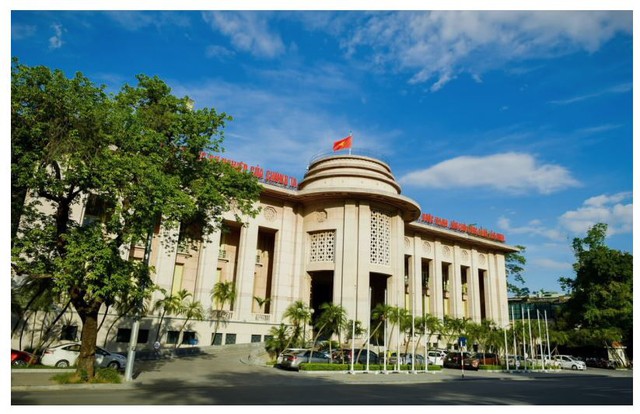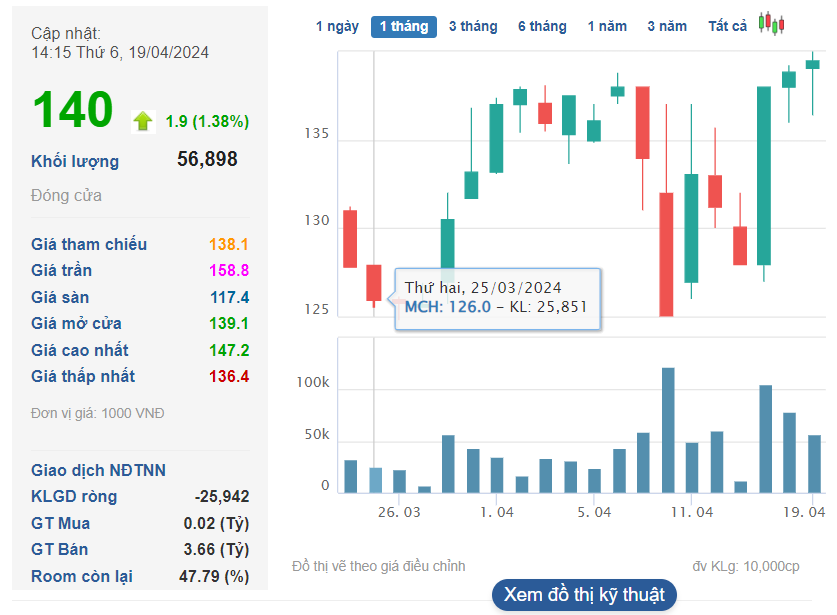Speaking at the conference, the Prime Minister stated that in 2023, Vietnam achieved positive results in most sectors: stable macroeconomic conditions, controlled inflation, stimulated growth, and ensured major economic equilibrium; stable basic VND value, controlled public debt, government debt, foreign debt, and budget overspending within control.
In addition, there are savings of VND 560 trillion for salary reform preparation starting from July 1, 2024, and it is planned to increase the regional minimum wage. Social security is guaranteed, people’s lives are improved; anti-corruption efforts are strengthened; defense and security are enhanced; international relations and integration achieve historic milestones.
CHALLENGES FOR BANKS IN DIFFICULT TIMES
According to the Prime Minister, although signs are showing economic recovery in all sectors at the beginning of 2024, the global economy in 2024 is still facing many difficulties due to various reasons. Vietnam’s economy shows brightness, progress, recovery, and is highly praised by international organizations, but there are still existing limitations and ongoing difficulties, challenges that are unpredictable. Therefore, we must not be subjective and continue to promote achievements, identify difficulties, and overcome together.
The Prime Minister emphasized that one of the valuable lessons of our country is to tap the strength of national unity of the entire nation, the people, including businesses, who are the subjects that have made history, combining the strength of the nation and the strength of the times.

In terms of monetary policy, recently, the Government and the Prime Minister have directed resolute, systematic, specific, and practical management. Over 3 months ago (December 7, 2023), the Prime Minister chaired a conference with the chairmen and general directors of commercial banks to discuss solutions to remove difficulties in credit growth for production and business, promote growth, and stabilize macroeconomics. On March 5, 2024, the Prime Minister issued Official Dispatch No. 18/CD-TTg on credit growth management in 2024.
The State Bank has made proactive, flexible, appropriate, and effective management efforts, and enterprises have made efforts to restructure their activities according to the situation. Credit institutions have also shared to have better capital flow.
However, the government leaders believe that we need to honestly evaluate the decrease in credit growth in the first 2 months of 2024 compared to the end of 2023, while the amount of deposits is still very high (VND 14 million trillion), and lending interest rates are still high.
In addition, bad debts tend to increase; the handling of weak commercial banks is still slow. Some credit programs are ineffective, such as the VND 120 trillion loan package for social housing, while the VND 15 trillion package for forestry and aquaculture loans is disbursed very quickly…
ENHANCING CREDIT ACCESSIBILITY
Given the aforementioned shortcomings, the Prime Minister suggests that delegates, especially chairmen and general directors of commercial banks, focus on discussing and proposing specific solutions to some fundamental issues.
First, how should monetary policies be managed, especially interest rates and exchange rates, to prioritize promoting growth (about 6-6.5%) and maintaining macroeconomic stability, controlling inflation, and ensuring major economic equilibrium.
“Why do businesses complain about a lack of capital, difficulty accessing credit, while the amount of deposits by economic organizations and residents into the banking system is increasing, even though deposit interest rates continue to decrease? Where is the bottleneck, what are the causes, regulations, management, caution, or local factors?”.
Prime Minister Pham Minh Chinh.
According to the State Bank, the average deposit interest rate of new transactions of commercial banks is currently at 3.3% per year, a decrease of 0.2% per year compared to the end of 2023.
Meanwhile, the average lending interest rate for new loans is at 6.4% per year, a decrease of 0.7% per year compared to the end of 2023, but the interest rate on existing debts is still high.
Second, why do businesses complain about a lack of capital, difficulty accessing credit, while the amount of deposits by economic organizations and residents into the banking system is increasing, even though deposit interest rates continue to decrease? Where is the bottleneck, what are the causes, regulations, management, caution, or local factors?
Third, what is the supply of credit by the banking system to the economy, each industry, each sector is good or not, where are the bottlenecks, causes, remedies, ensuring that the supply of capital is not blocked, delayed, not on time. How to supply credit that is focused, concentrated on production and business?
Fourth, what solutions are needed to enhance the accessibility of credit for enterprises and people, especially solutions regarding interest rates, procedures, loan applications, collateral, guarantee measures, communication measures, technology…?
Fifth, what should commercial banks do to ensure credit growth for the whole year around 15% as directed by the State Bank from the beginning of the year? How to continue to reduce lending interest rates so that the banking system shares difficulties with the people and businesses?
Sixth, what should the Government, the State Bank, ministries, sectors, and localities do, what should the business community and people do to stimulate investment, consumption, increase the ability to absorb capital of the people and businesses? What tools are needed, such as the Credit Guarantee Fund for small and medium-sized enterprises.
Affirming that the achievements are basic, while there are still difficulties, obstacles, and room for improvement, the Prime Minister requested the delegates to focus on discussing, honestly and straightforwardly, without exaggerating or concealing, clearly stating what has been done and what has not been achieved.
At the same time, clarify the objective and subjective reasons, valuable lessons, focal issues that need to be resolved, and propose solutions and recommendations to the Government, the State Bank, and relevant ministries, sectors, and localities to partially answer the raised questions.





































